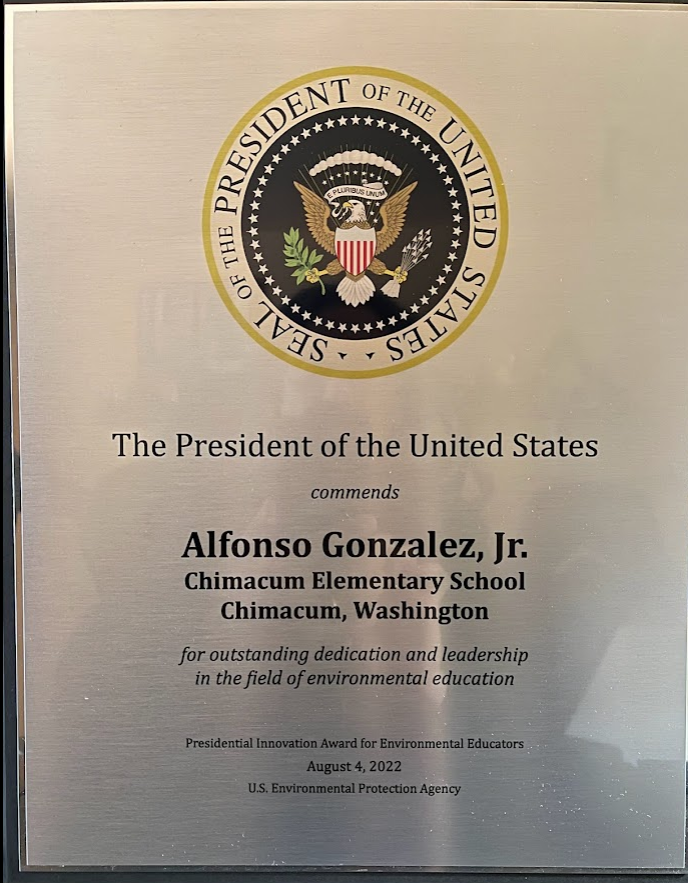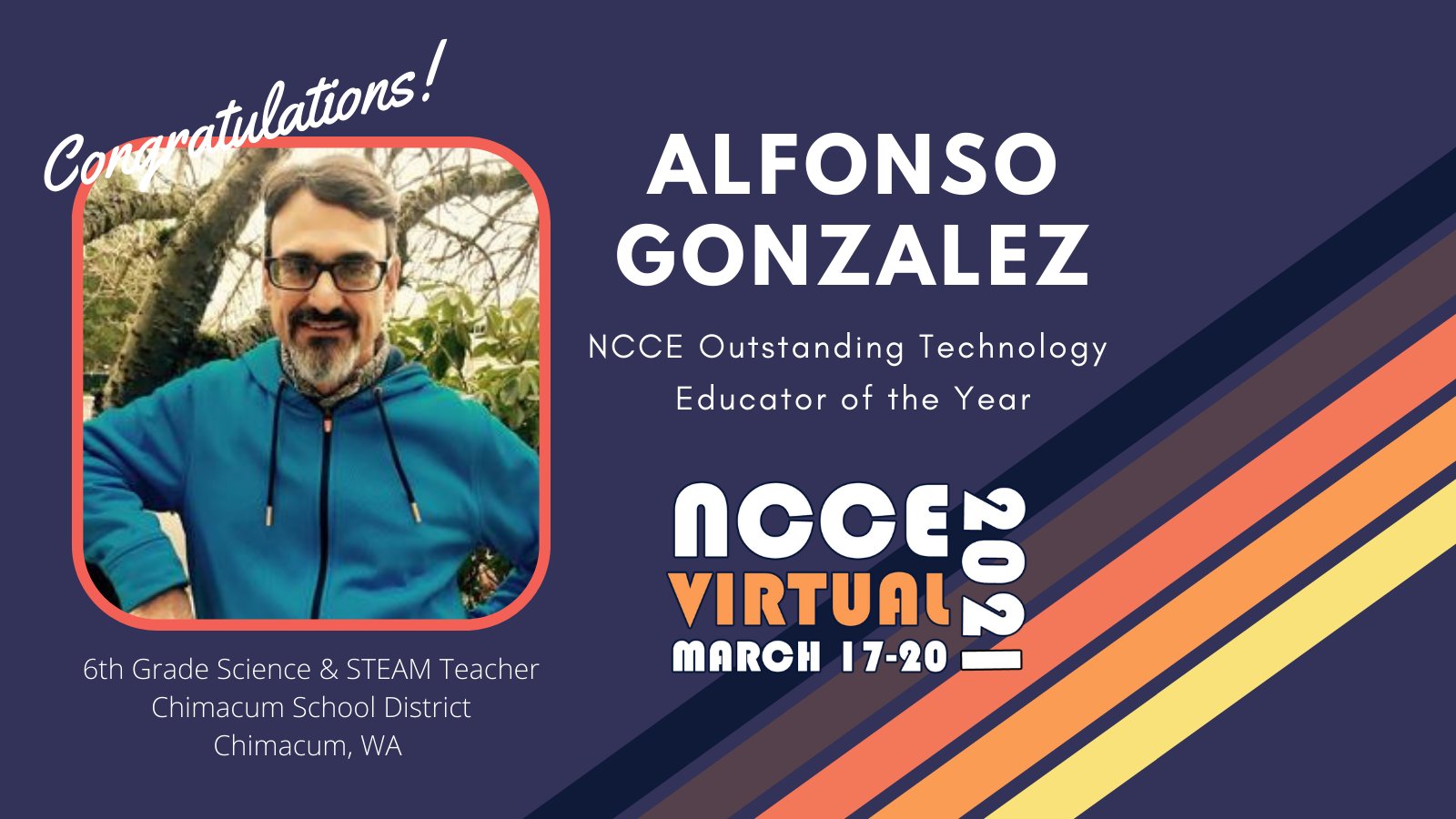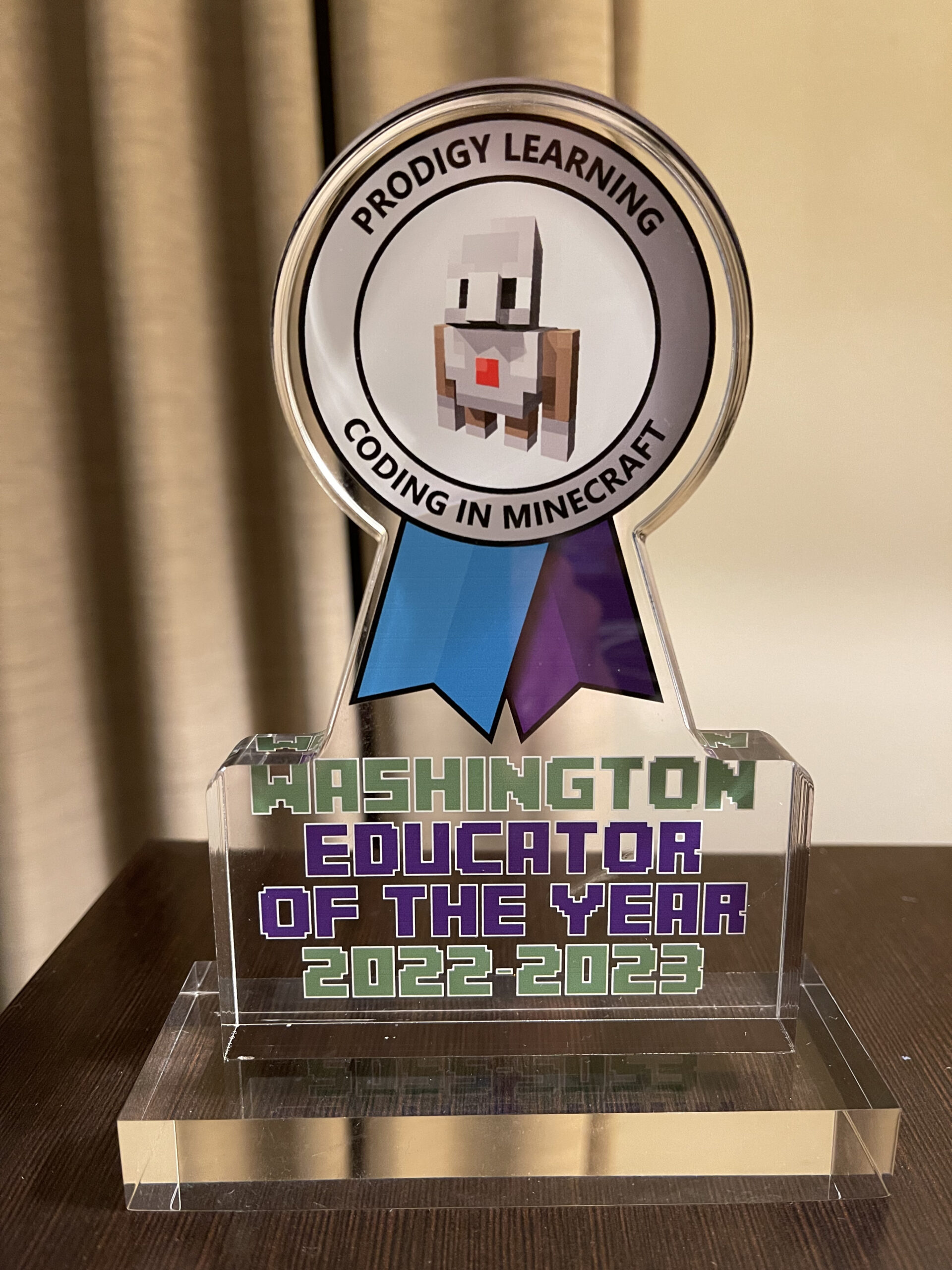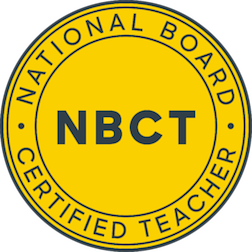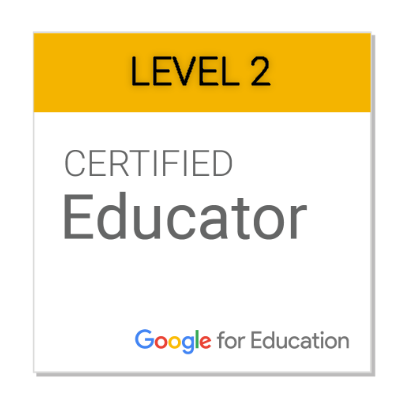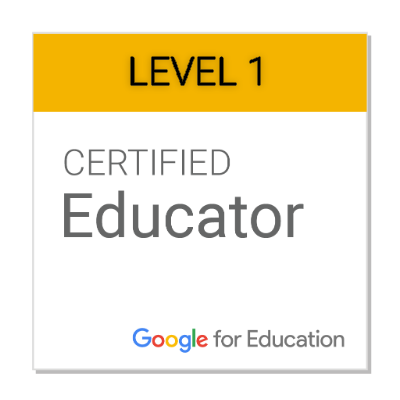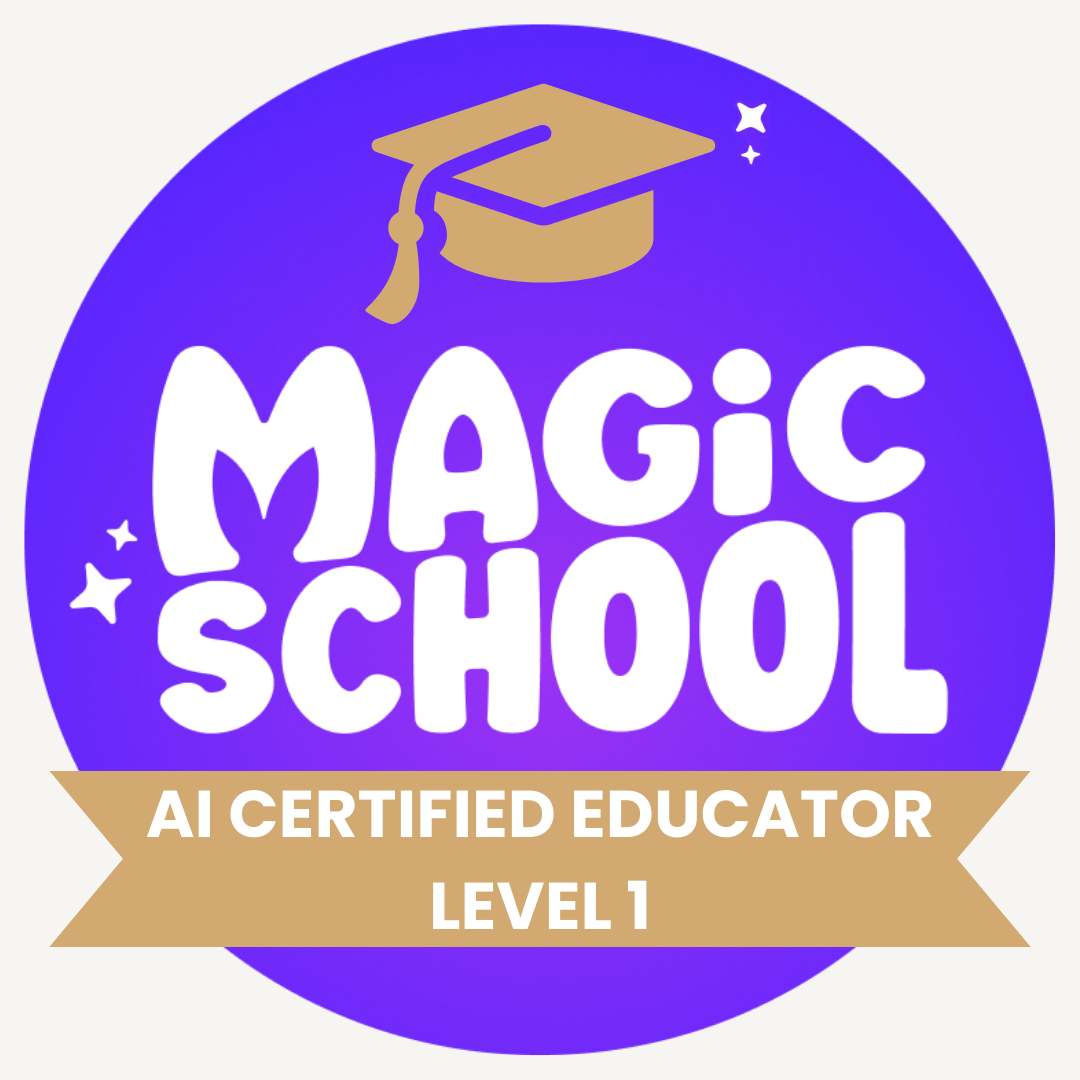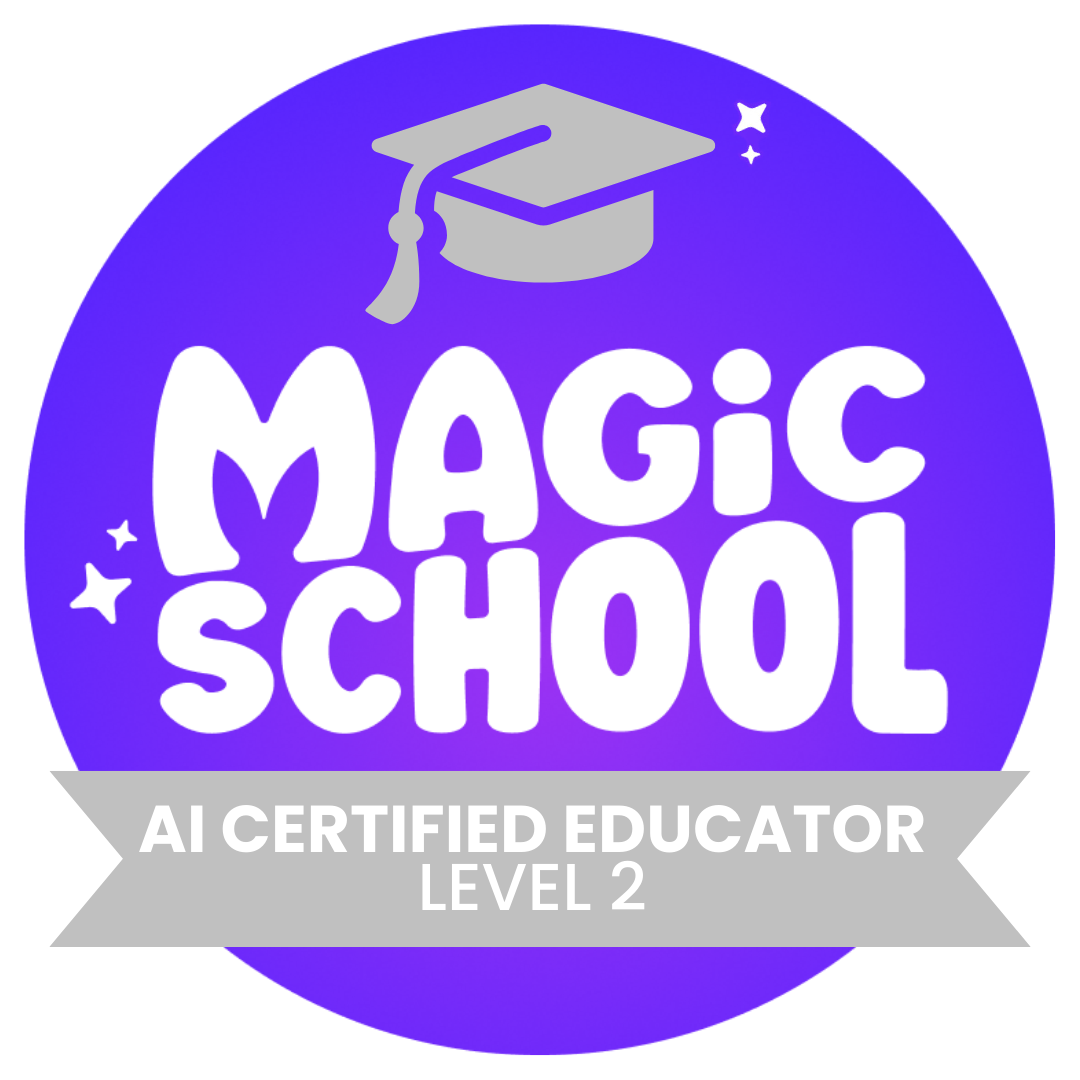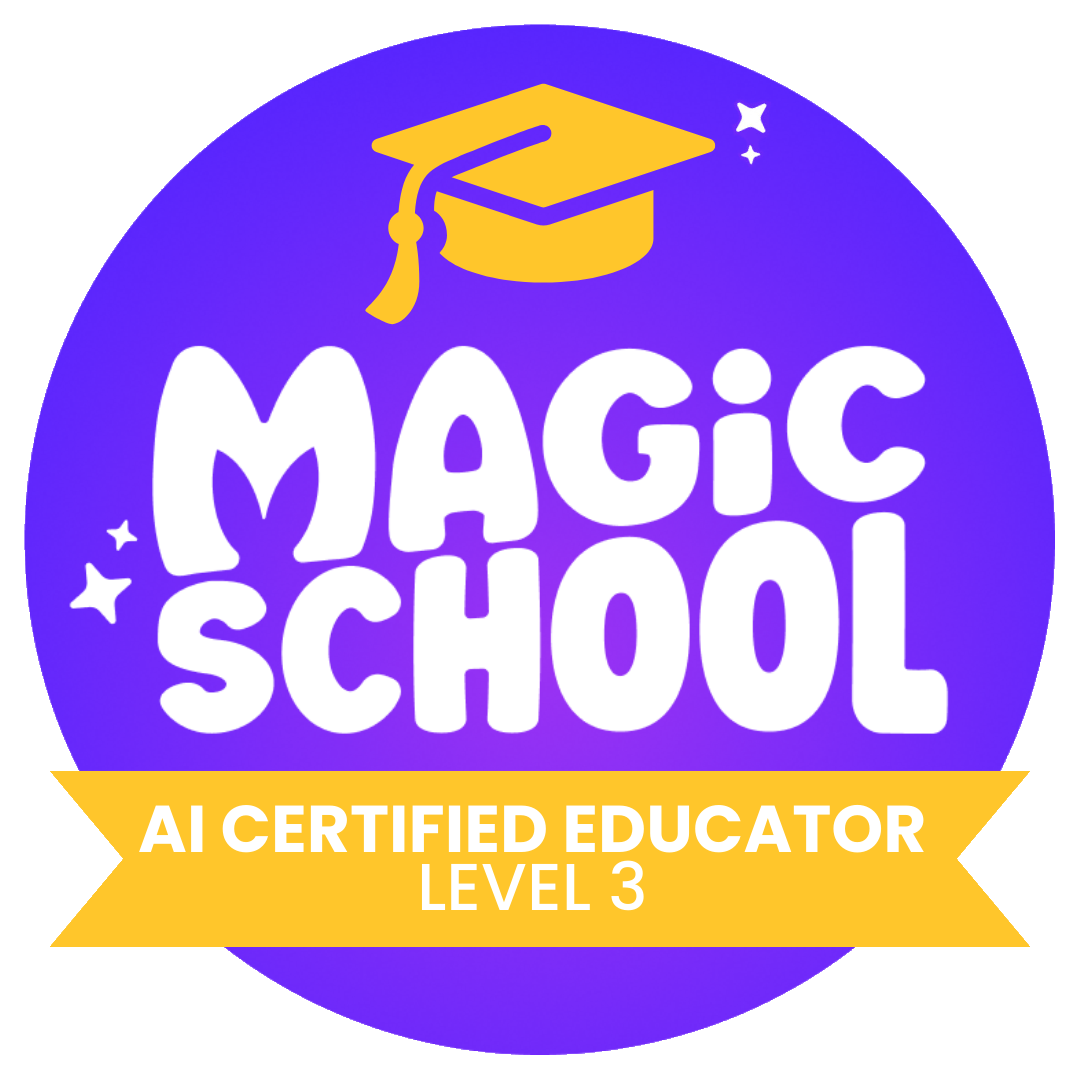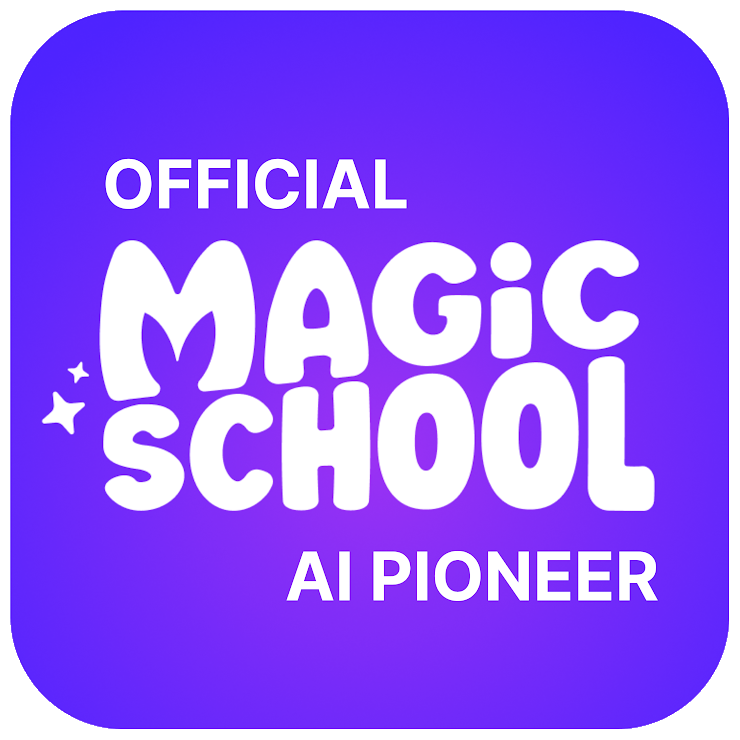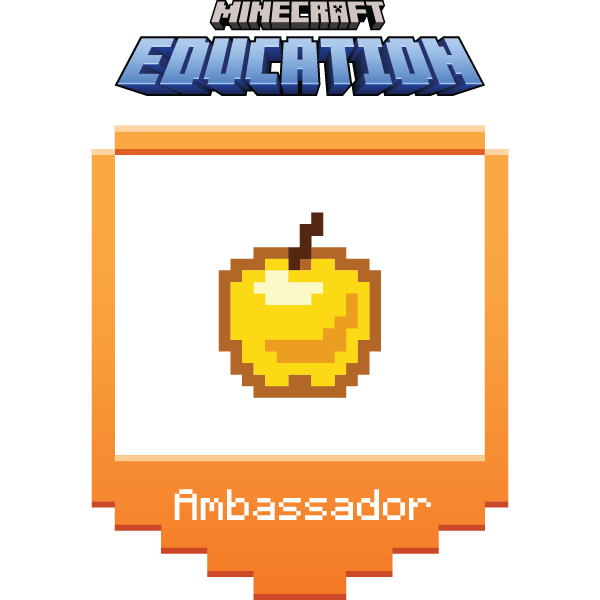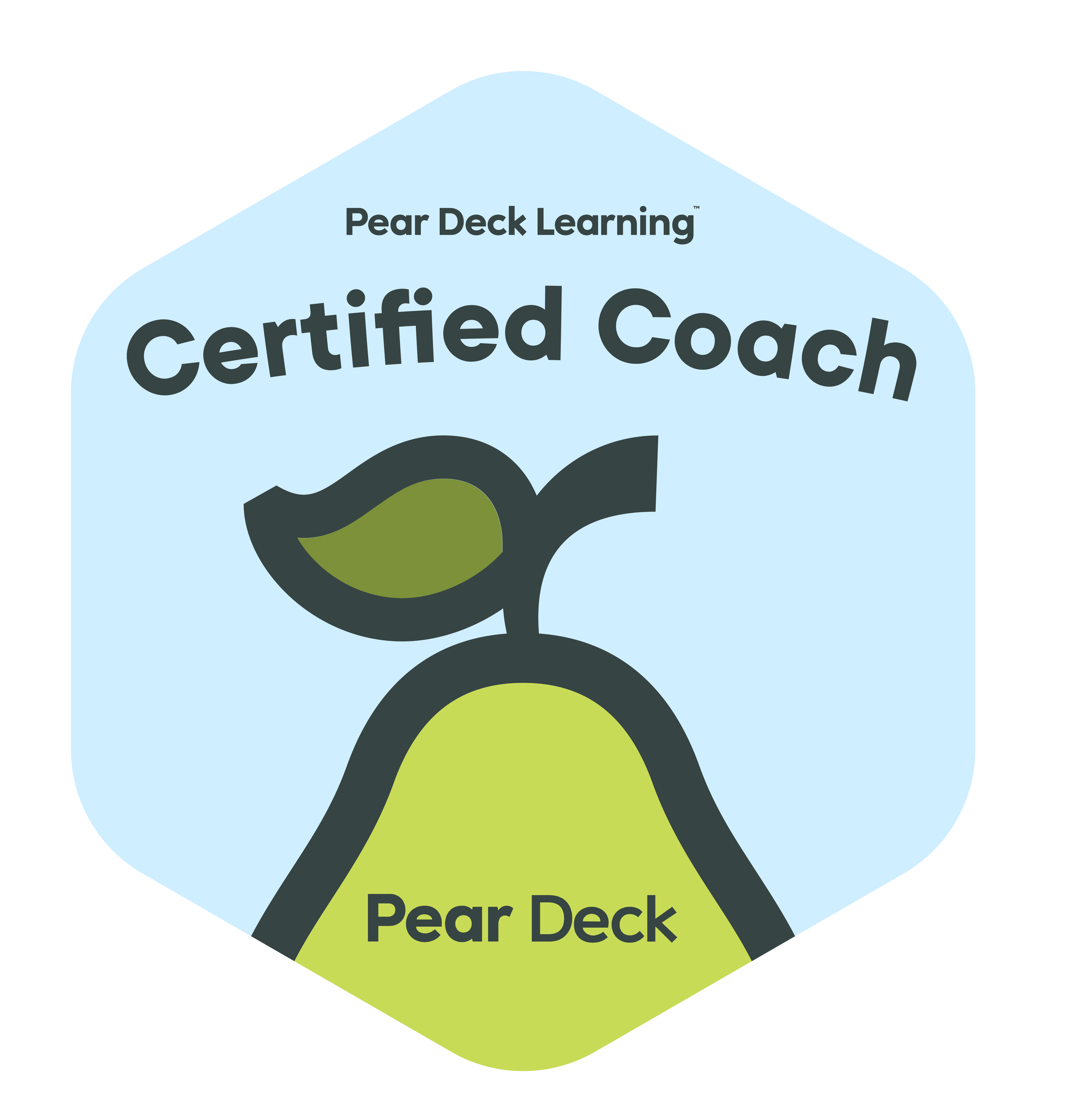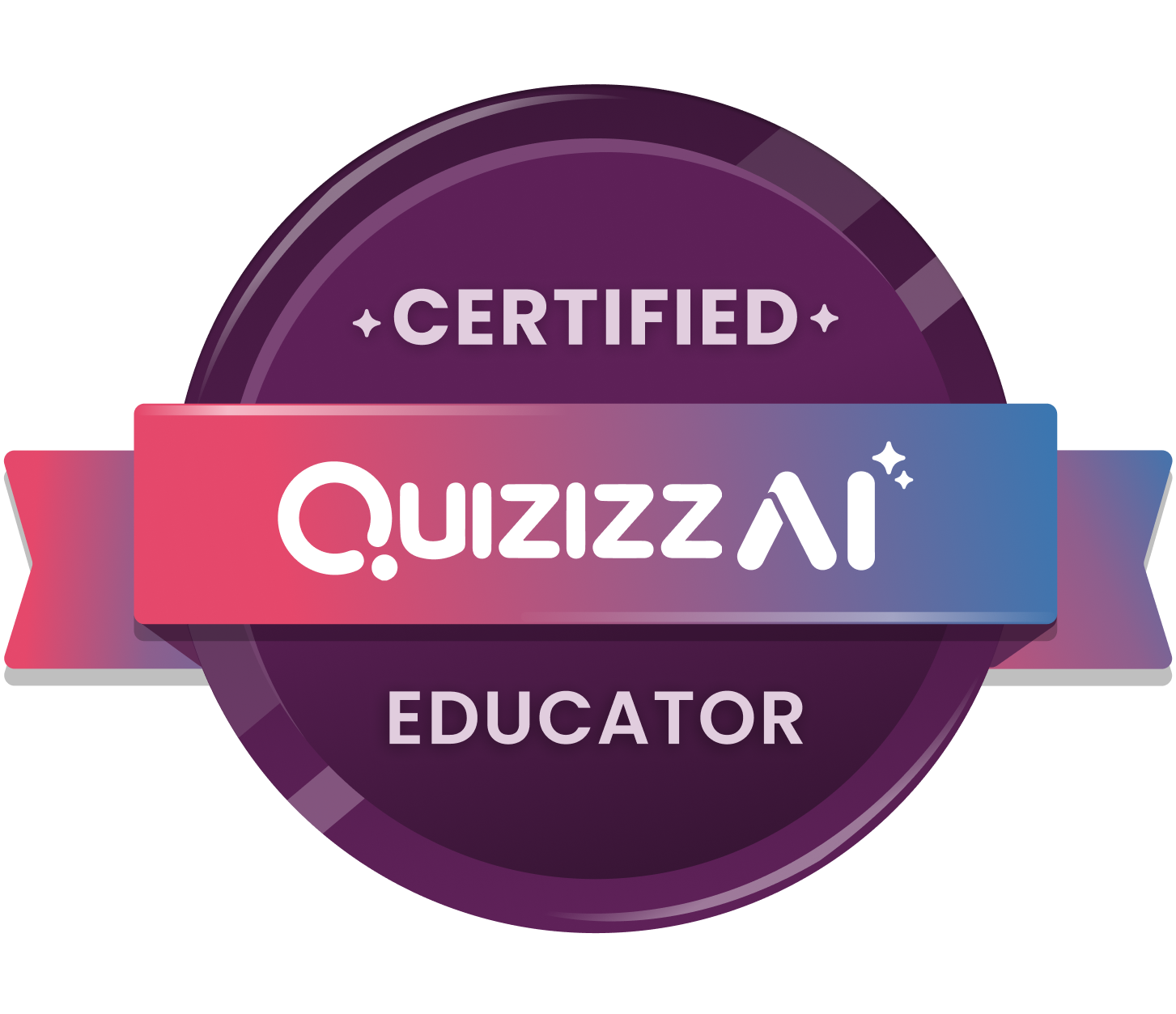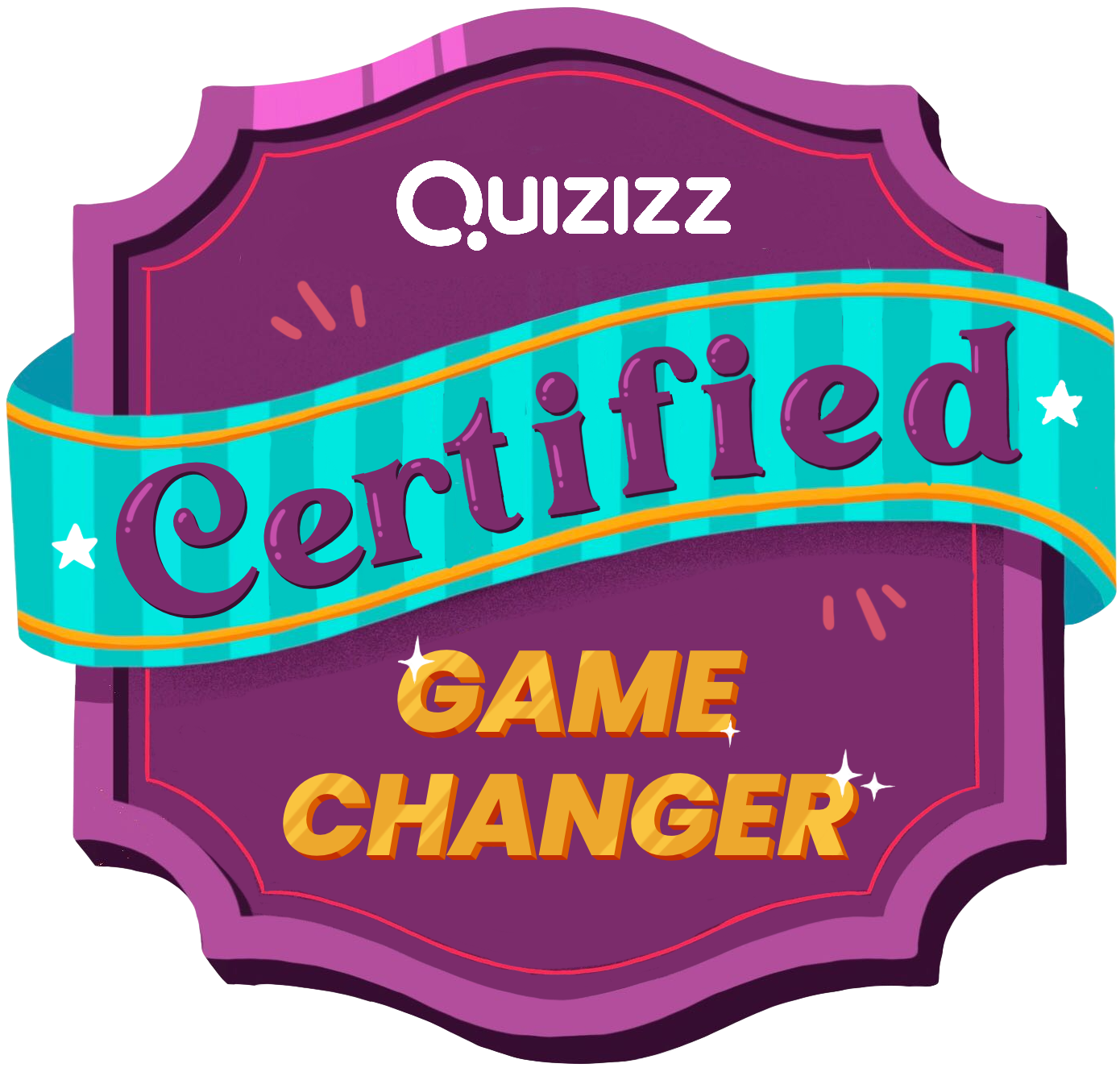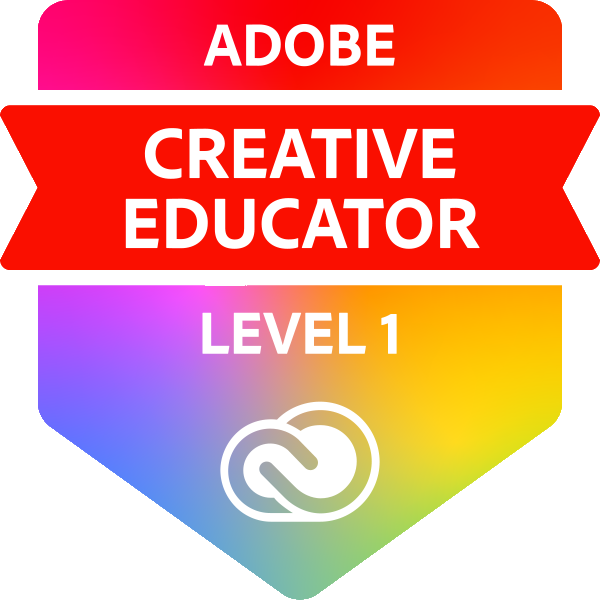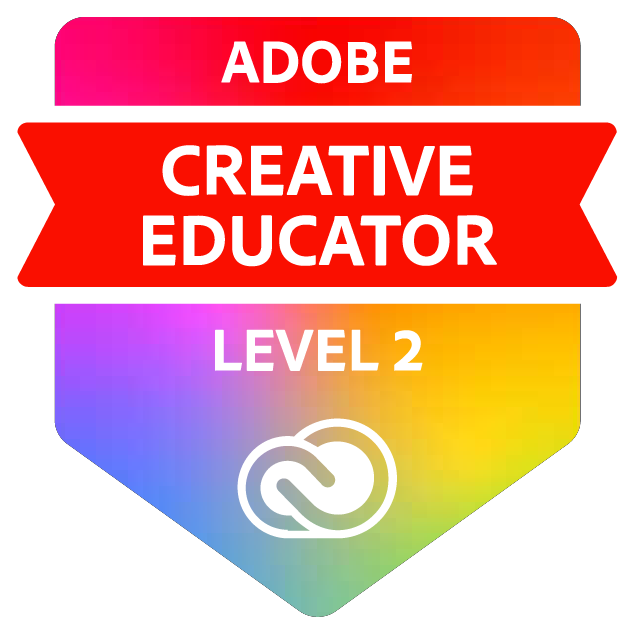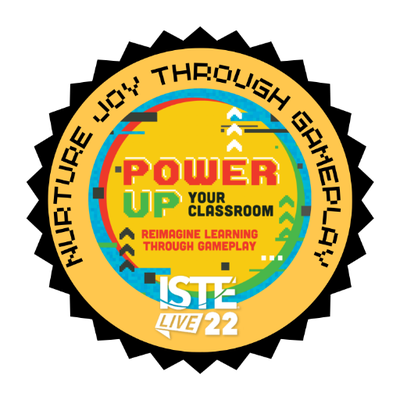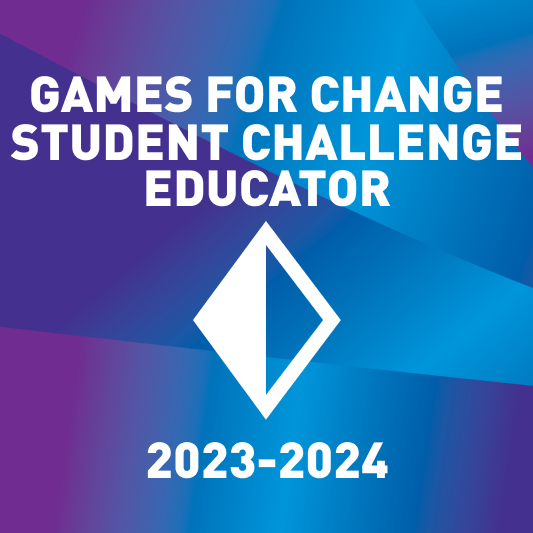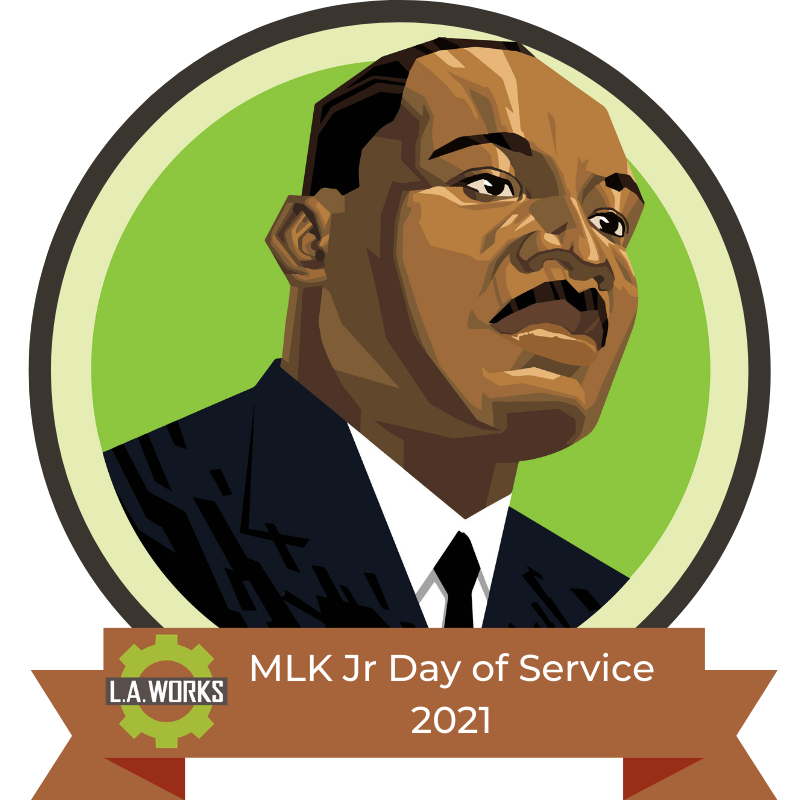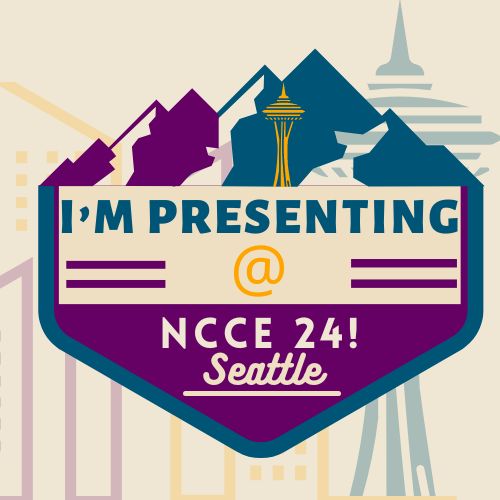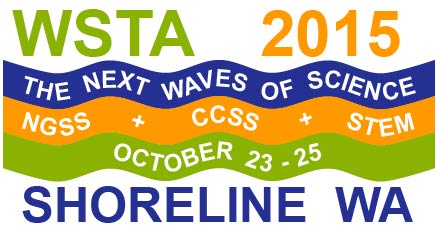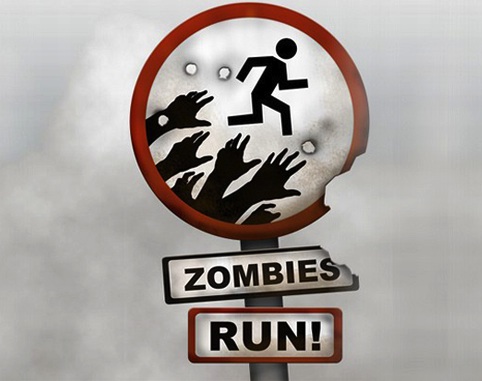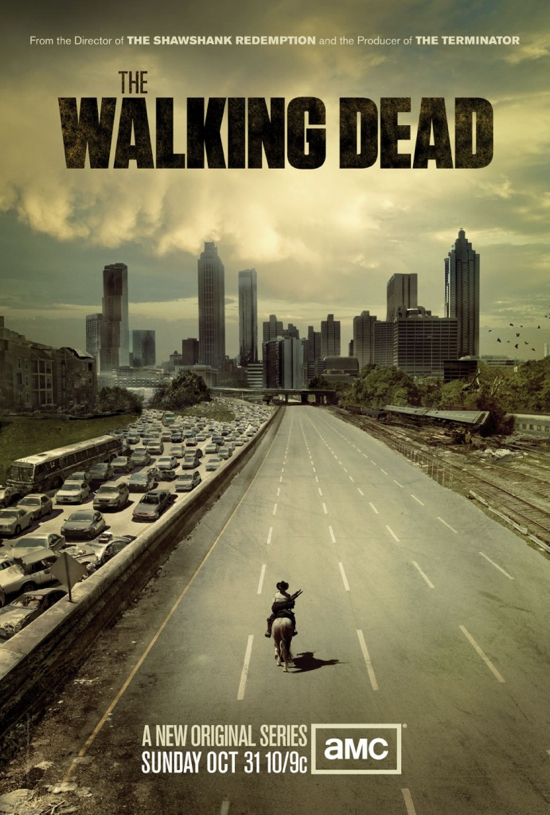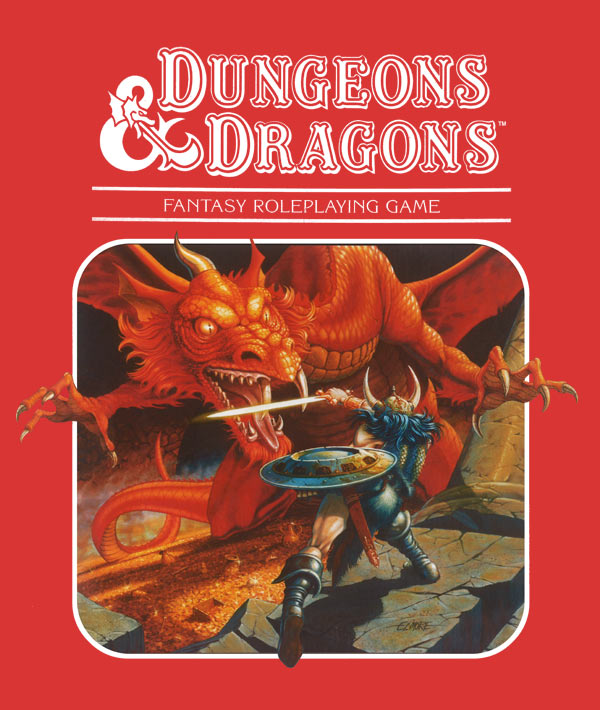This year I taught three 6th grade Science classes, which means I had all 90 of my middle school’s 6th graders, and two 7/8 mixed Earth Science classes. Being able to teach 7th and 8th grade Science is wonderful because that means that I get to have some of my former 6th grade students again! I really appreciate that because the relationships we build in 6th grade just get strengthened. It’s like we’re taking off from where we left off instead of having to start all over again! My middle school has an advisory program for a 1/2 hour daily made up of about 14 6th, 7th, and 8th grade students. Students are used to at least one place where each year only 1/3 of their group is new. I find that a great way to work with my students. When I get to teach 7th grade it’s especially nice because I will have some students for three years in a row! That has been a great experience for me. Next year I will be teaching three 6th grade Science classes, all the 6th graders again, and two 8th grade Life Science classes. I look forward to having some of this past year’s 7th graders back in my two Life Science classes next year!
The highlight of this past year was when I went gradeless in the third and last trimester. After participating in conversations with some great educators in my Professional Learning Network (PLN), reading some articles from Alfie Kohn about not using grades as punishments and rewards and about giving students the education they deserve, viewing some talks from Dan Pink (great youtube video!) and Sir Ken Robinson on motivation and passion, and following up with a teacher from Alberta, Canada, Joe Bower (@joe_bower), and a teacher from Arizona, Paul Strauss (@SciTeach3), I made the preparations to go gradeless to encourage not just more learning but a love of learning from my students. I focused on the projects, labs and lessons students were to work on while using formative assessments to see if they were understanding the concepts. At the end of a given unit I would give students some essential questions based on the Science standard and concepts to see if they showed understanding. Then I reported this to students and families on paper and online using Easy Grade Pro. Below is an image of a sample progress report. I deliberately left out any marks, letters or numbers. In 5th grade my students received report cards with standards much like mine but instead of narrative feedback alone each standard was given a number. When I asked my 6th graders if they remembered the prior year’s report cards they all said yes and started to tell me what numbers they had received. I heard 3’s, 4’s, 2’s and 1’s but I didn’t hear what the numbers meant and when I asked what they received the numbers for not a single student could remember. That’s what the research shows that when students are given numbers, letters or marks that is what they focus on and remember. Plus grades are great for ranking students, which is something I don’t feel the need to do in middle school. Whether my middle school students receive A’s or F’s they still move on to the next grade so aside from rewarding and punishing them the letter grades really serve no purpose. The students who still wanted letter grades were interested in maintaining their high GPA’s, to know their rank.

Mr. G’s sample progress report for standards based reporting.
I created an end of year survey using Google Forms and 122 of my 146 students filled out a survey. Of the 122 responses 92%, or 112, of the students responded that going gradeless in Science was a good experience for them. Of the ten who preferred or missed having grades most of them reported that they liked knowing they got an A or they would have liked to get an A. Of the 112 who enjoyed or appreciated not having to worry about grades here is a sampling of their responses:
it was more enjoyable
pretty good for a change I loved it.
i liked it because people cant brag if they got an a and people wont feel down because they got an f
i like the idea of no actual grades plus your grade doesnt matter because you dont know if you got an a, a b, or a c.
awesome there wasn’t as much streets.
better i didn’t worry so much and i learned a lot
Terrific. I got to learn how I wanted without the worry of not having an A or something.
it was th best thing ever becuase i always do worse in the last tri
It was amazing the amount of pressure off of my shoulders was greatly reduced, and it allowed me to worry more on my subjects that needed to be improved.
it was awesome with a A B C D F it really didnt explain your understanding of the subject unlike the new progress reports.
awsome it made me feel smart
good but i kept doing work
The above responses were typical responses. The majority of my students felt less stress and less pressure and focused on learning. I enjoyed the trimester and I was less stressed because I didn’t punish any student for doing poorly on an assignment or getting strange data on a lab (that’s actually fun to look into!). I also appreciated that the students who usually ask what they can do once they figure out they got the “A” could just continue working and learning. I want to encourage my students to work hard not just go for a grade. So based on my observations and the feedback I got from students and parents I got what I was hoping for so I’m going to continue using standards-based reporting next year. The good news is that next year’s 6th graders are used to this type of reporting because that is the way our elementary does reporting so it won’t be new for them. Some of my 8th graders will find a continuation of the last trimester while some will get to experience something new. This past year was a huge success and I’m looking forward to next year already!

